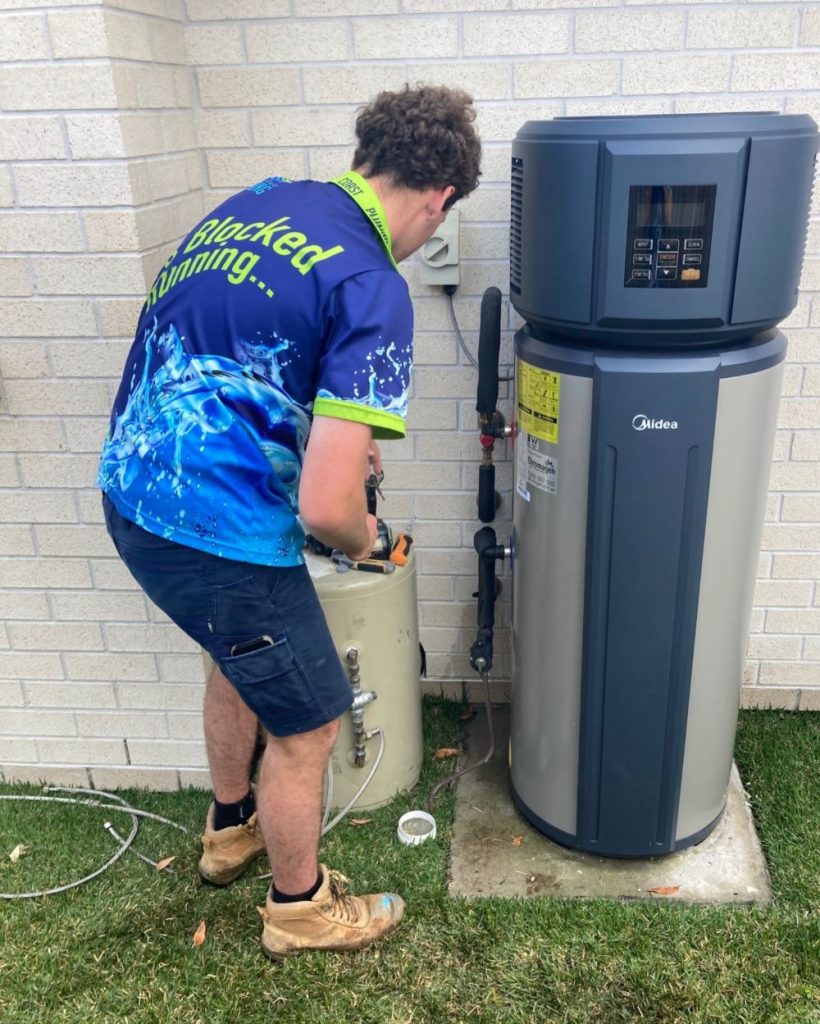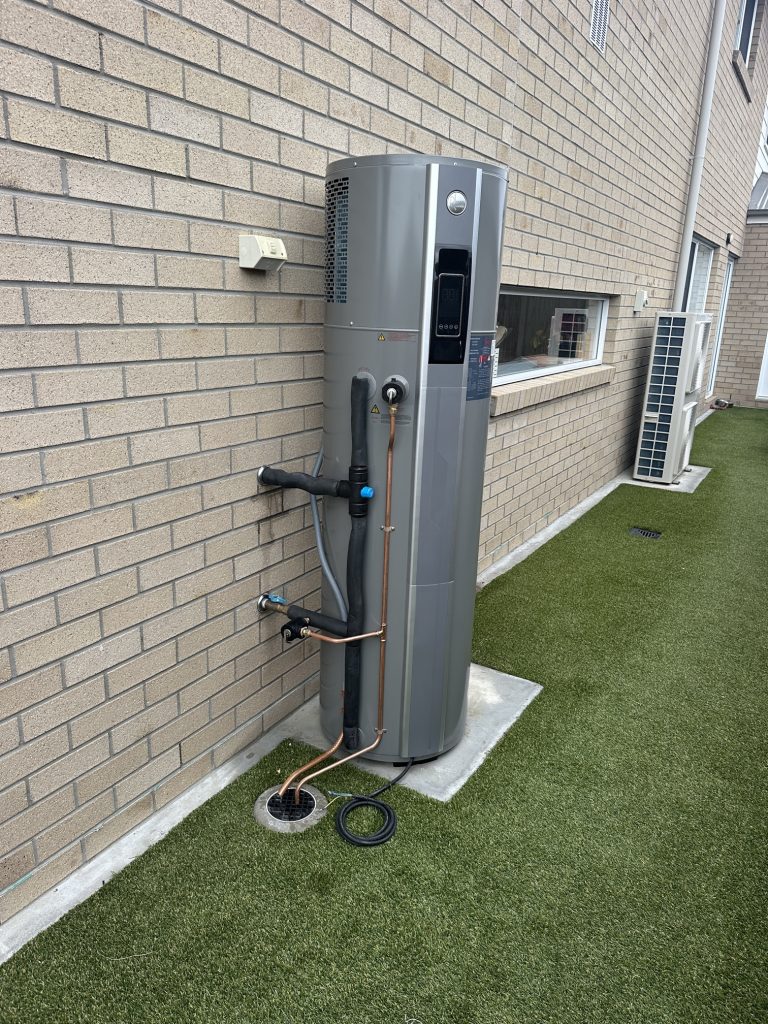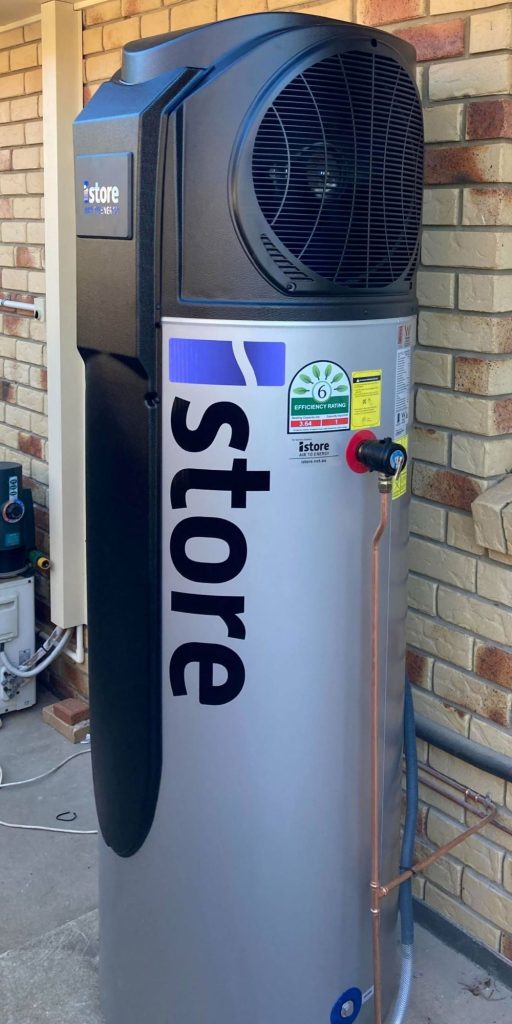Navigating the Distinct Challenges of Choosing Hot Water Systems for Queensland's Unique Climate
Selecting the right hot water system for your residence in Queensland involves more than simply choosing a reputable brand or assessing the water capacity. It requires a comprehensive evaluation of numerous factors, such as the local climate, humidity levels, electricity tariffs, and the daily hot water needs of your household. With rising energy costs, many homeowners are exploring heat pumps due to their energy efficiency and environmental benefits. However, it's crucial to recognize that these systems may not be optimal for all property types. Thus, meticulously reviewing all pertinent elements before making a purchase is essential to guarantee the best performance and durability of your hot water solution.
This article explores how heat pumps function within the diverse weather conditions of Queensland, identifies which home types can benefit the most from these advanced systems, and dispels common misconceptions that could lead to inadequate performance or poor system choices.

Maximizing the Efficiency of Heat Pumps in Coastal Queensland Environments
Heat pump water heaters operate by absorbing thermal energy from the air around them. Their efficiency significantly increases as ambient air temperatures rise. In coastal regions of Queensland, particularly in popular areas like the Sunshine Coast, Brisbane, and the Fraser Coast, average air temperatures typically remain above 5°C, even in winter. This consistent warmth allows heat pumps to function efficiently year-round, eliminating the necessity for electric boosting or supplementary heating components that are often needed in cooler climates. By utilizing this natural energy source, homeowners can enjoy significantly lower energy bills and a reduced carbon footprint.
Key Environmental Factors That Enhance Heat Pump Efficiency
| Factor | Impact on Heat Pump Functionality | Coastal QLD Efficiency |
|---|---|---|
| Average ambient temperature | Higher = more efficient operation | ✓ Consistently maintained above 5°C |
| Humidity levels | Moderate improvements | ✓ Generally high and stable |
| Access to off-peak electricity | Lower operational costs | ✓ Widely available in most regions |
| Roof shading | Not a significant factor | ✓ No detrimental impact on system |
| Direct sunlight exposure | Not a necessity | ✓ Functions well in shaded conditions |
Recognizing Conditions Where Heat Pumps Could Underperform
Despite the multitude of benefits heat pumps provide, there are specific circumstances in Queensland where their performance may not live up to expectations:
- Inland or elevated regions
In areas like Toowoomba or the Hinterland, nighttime temperatures can drop significantly during the winter months. In such cases, certain heat pump models may struggle to maintain optimal efficiency without the assistance of a booster element, leading to increased energy consumption and costs. - Restricted or poorly ventilated outdoor spaces
Heat pumps need sufficient airflow around their compressor units for optimal performance. In cramped or enclosed settings, the effectiveness of heat extraction may diminish, and operational noise could rise, potentially causing disturbances for nearby residents. - Large households with substantial hot water needs
In homes with more than six inhabitants, systems that support increased water storage or faster recovery times, such as solar-boosted gas solutions, may be more advantageous for efficiently addressing significant hot water demands.
Clearing Up Misconceptions About Heat Pumps in Queensland
“They become ineffective during winter.”
This belief might have validity in colder southern regions; however, it does not hold true for Queensland. In locations where average temperatures consistently exceed 5°C, heat pumps maintain their efficiency throughout winter, delivering reliable hot water solutions even during the cooler months.
“Solar panels are required for heat pumps to operate.”
This assertion is misleading. Although heat pumps can operate independently of solar photovoltaic (PV) systems, integrating them with solar energy can indeed enhance your energy savings and support sustainability initiatives.
“Heat pumps are excessively noisy and disruptive.”
Modern heat pump systems are engineered to function much more quietly than their older counterparts. When installed correctly in well-ventilated locations, the noise generated by the compressor unit is usually minimal, ensuring a comfortable living environment.
Practical Approaches for Enhancing Heat Pump Installation and Performance in Queensland
- Choose a system tailored for Australian climate conditions
Select models that boast high-efficiency ratings and reliable local support, such as istore or Stiebel Eltron, which are well-known for their exceptional performance in the Australian climate. - Install in a location that is well-ventilated yet shaded
Although heat pumps do not require direct sunlight, they do need adequate airflow around the unit to run efficiently and effectively. - Incorporate timers or smart controls
By scheduling the system to operate during periods of solar power generation or off-peak electricity hours, you can significantly boost energy savings and reduce costs. - Ensure proper sizing of your system
A capacity of 250–300 litres is typically sufficient for the needs of most households. An undersized system can lead to performance issues and increased reliance on boosting mechanisms, which consequently raises energy consumption.
The Essential Role of Local Expertise in Ensuring Successful Heat Pump Installations
The installation of a heat pump requires a customized approach to achieve the best results. Optimal outcomes are realized by collaborating with a local plumber who has expertise in:
- Performance tailored to local climate conditions, ensuring maximum efficiency
- Access to rebates such as Small-scale Technology Certificates (STCs) and various Queensland government incentives aimed at promoting energy efficiency
- Strategies for optimal placement and ventilation of the unit to enhance performance
- Integration with solar PV systems or battery storage solutions, if applicable, to maximize energy efficiency
At Creek to Coast Plumbing, we specialize in supplying and installing high-performance hot water systems, including heat pumps, across the Sunshine Coast and Moreton Bay regions. Our dedicated team is ready to assist you in determining which type of hot water service will best meet your unique needs. As the demand for energy-efficient hot water solutions continues to grow, many individuals are weighing solar options against heat pumps. We will assess the specific conditions of your home, recommend the most suitable system, and ensure you are equipped for maximum efficiency.
Discover more about our Heat Pump Hot Water Installations or get in touch with us for a tailored recommendation that aligns with your specific requirements.
The Article: Heat Pumps in Queensland: Effective Solutions and Pitfalls first appeared on https://writebuff.com
The Article Heat Pumps in Queensland: Benefits and Challenges Explained Was Found On https://limitsofstrategy.com
The Article Heat Pumps in Queensland: Exploring Advantages and Drawbacks First Appeared ON
: https://ad4sc.com



